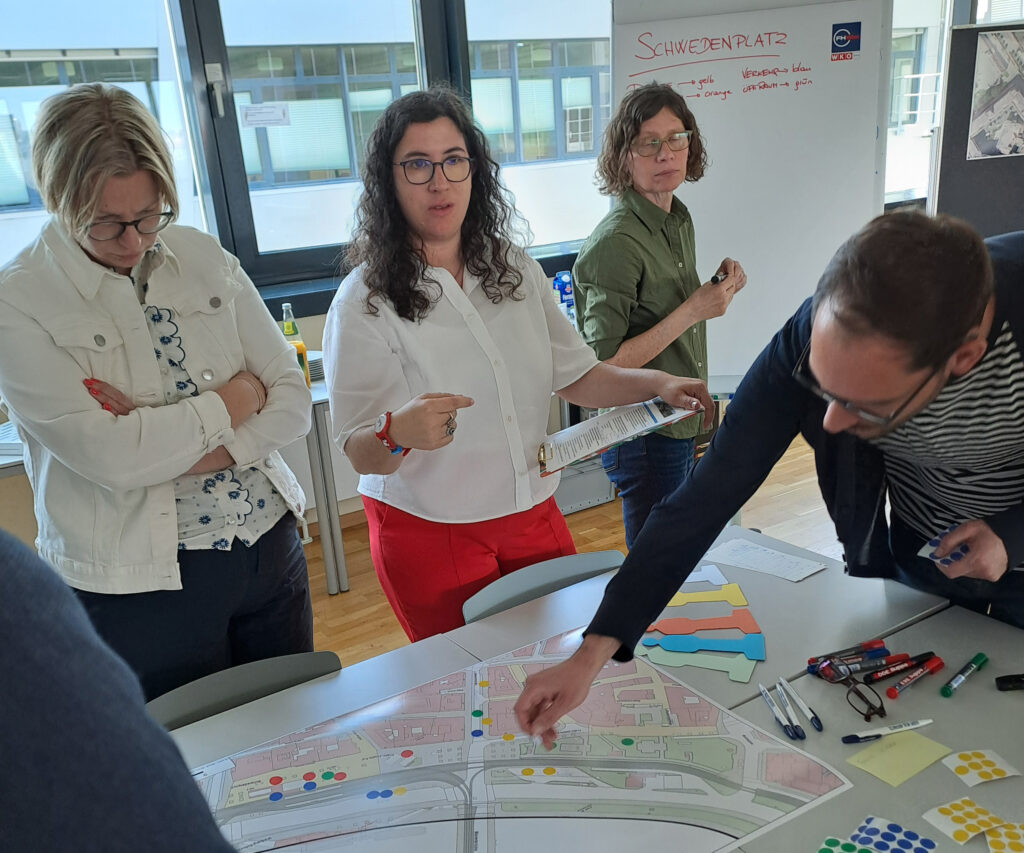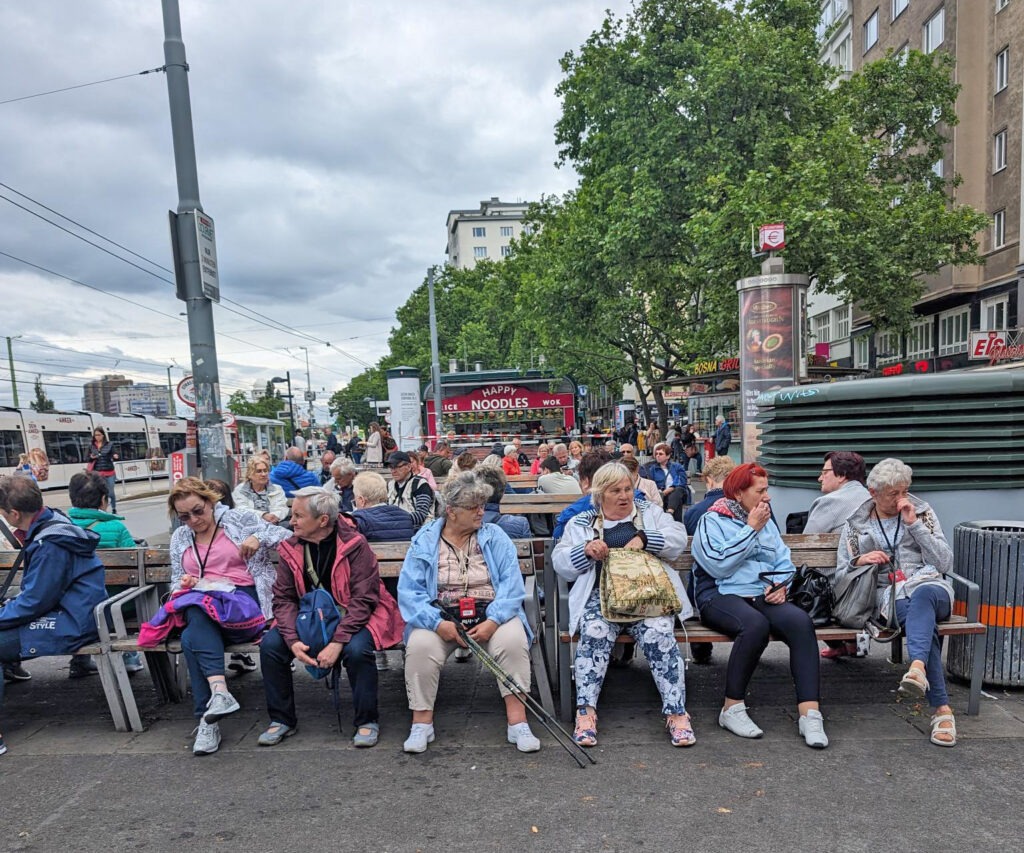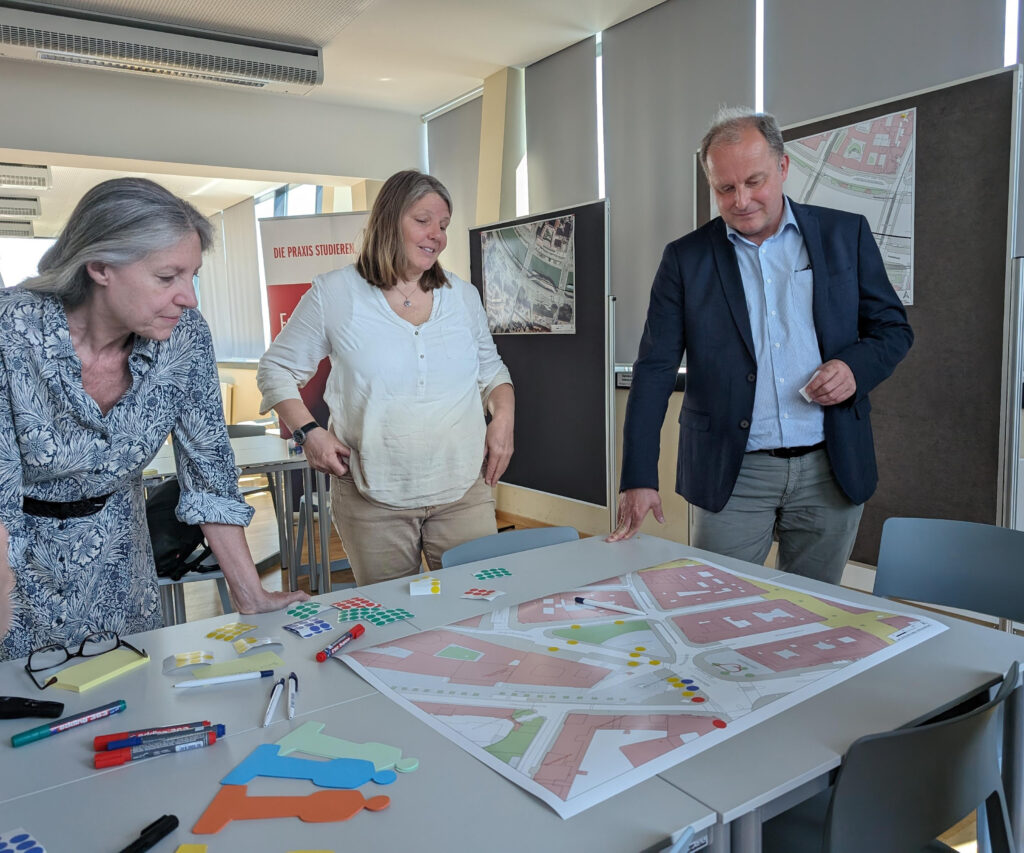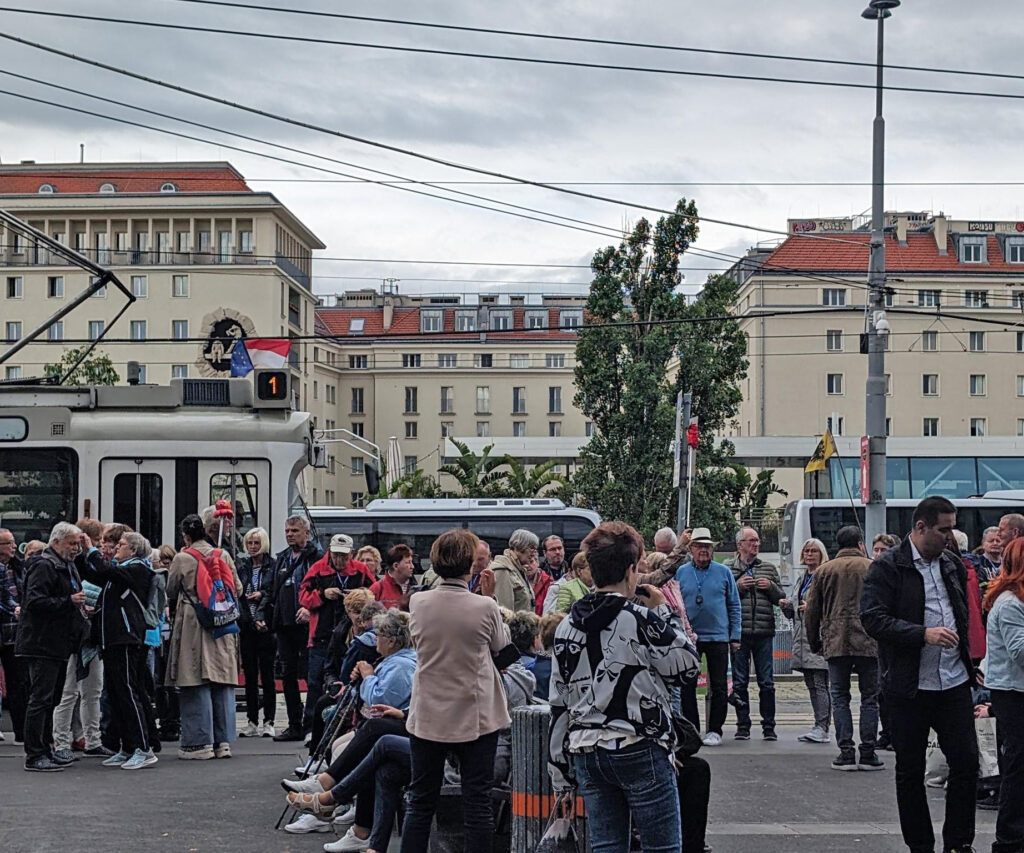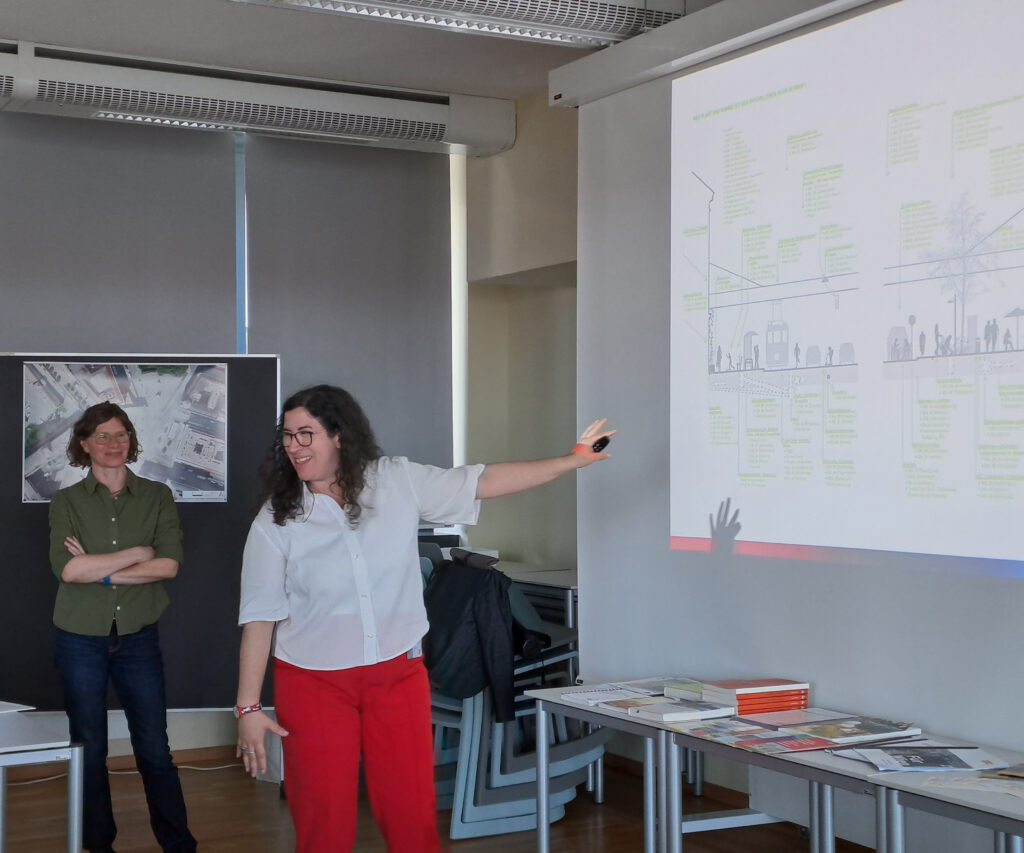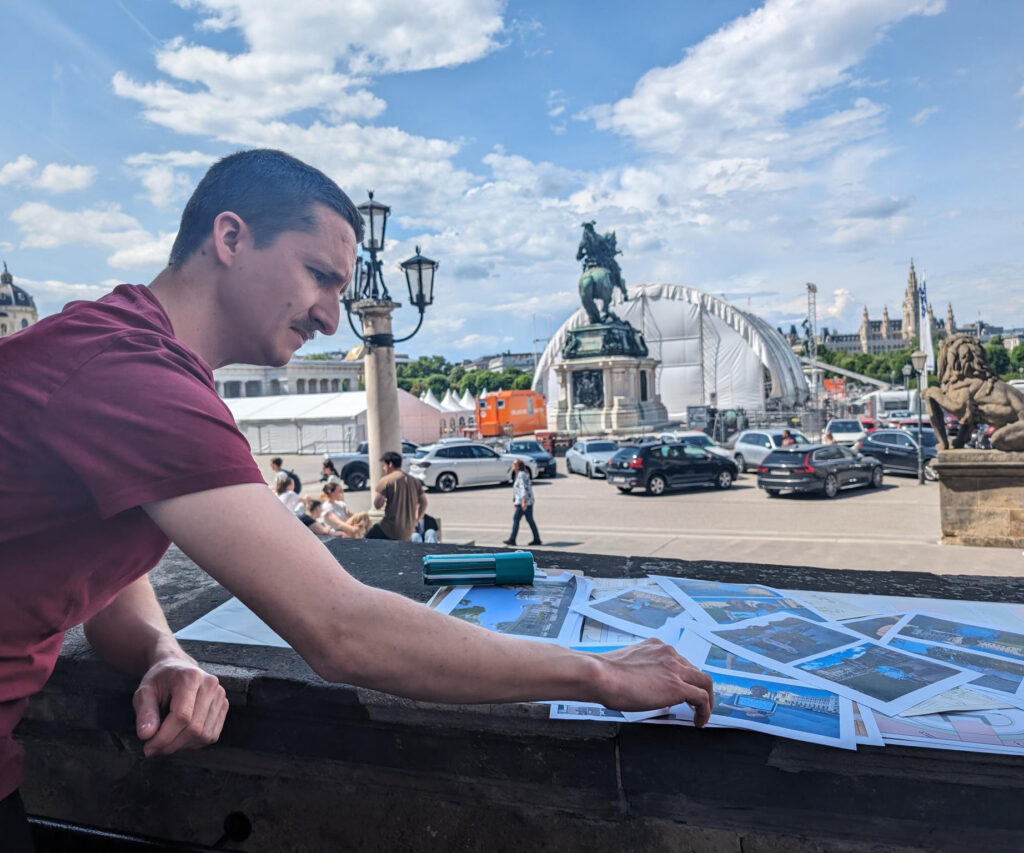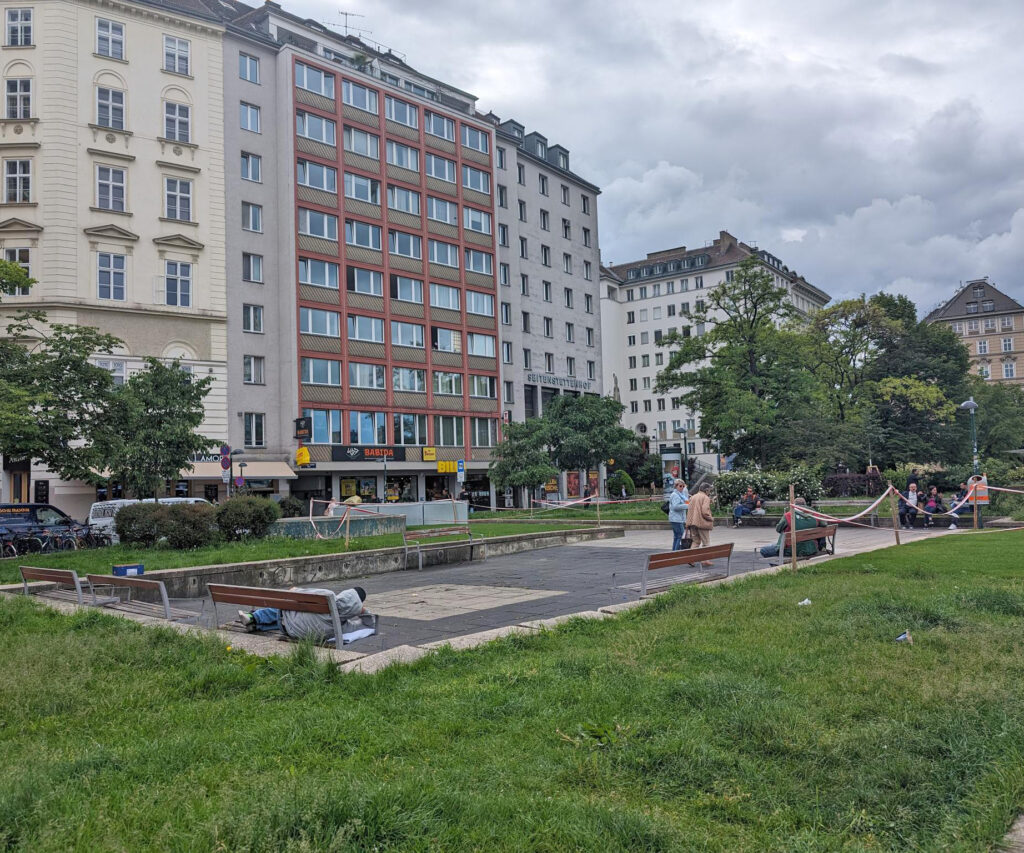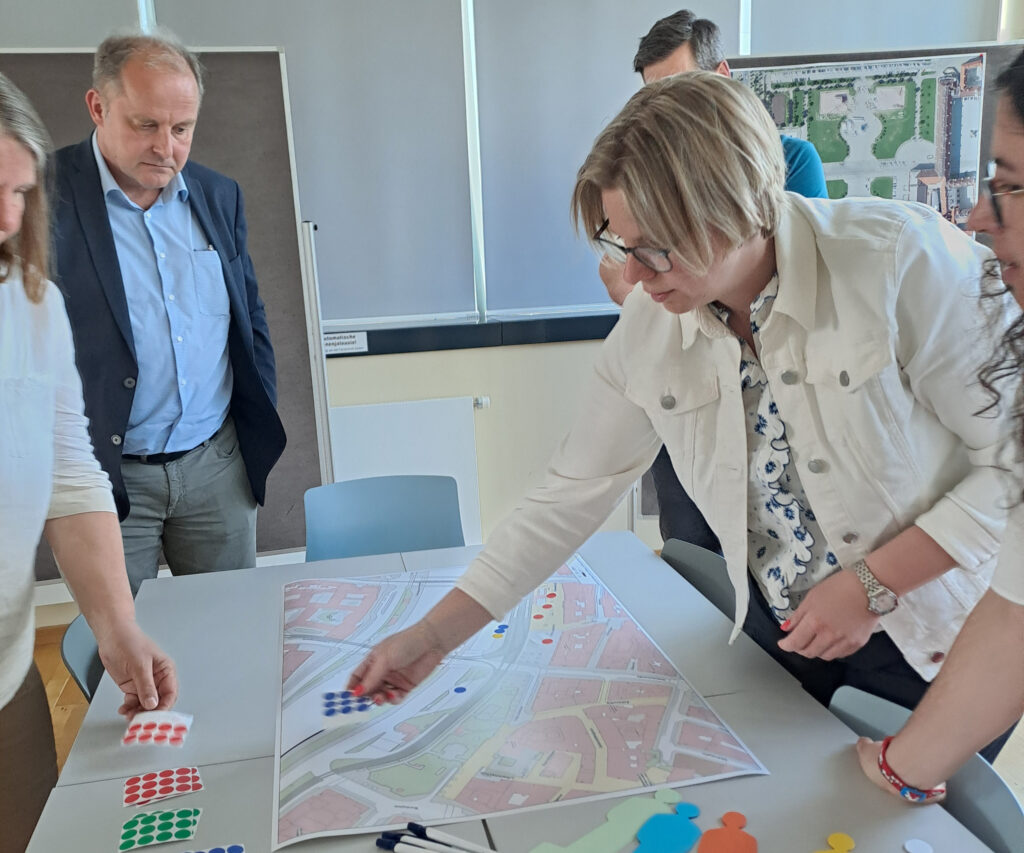The first part of the research project by foundation professor Cornelia Dlabaja began in March 2024. The aim of the first part of the research project is to collate the perspectives and findings of decision-makers and residents for future planning processes in order to better understand the requirements for four selected squares in Vienna’s city centre.
Interface between urban planning and tourism development
With this research project, endowed professor for sustainable urban and tourism development Dr Cornelia Dlabaja aims to make a contribution to placemaking at the interface between urban planning and tourism development. Balanced tourism and visitor economy strategy approaches will be incorporated, as well as aspects of climate resilience and participatory planning approaches. In the course of the project, visitor flows in the first district will be analyzed along these squares as examples and approaches will be linked to increase the quality of walking for residents. To this end, factors and mechanisms that lead to density phenomena will be identified and challenges and strategies of the actors involved will be analyzed.
Kick-off Workshop
The project kicked off with a kick-off stakeholder workshop at FHWien der WKW. In cooperation with Agenda21 and WienTourismus, representatives of Vienna’s urban planning department MA19, WKW, the district administration and the district council were invited to the discussion. Questions of conflicts of use, mechanisms of planning, challenges of climate-friendly urban planning and various demands of mobility participants and also potentials were discussed on the basis of four prominent places in the inner city:
- Michaelerplatz
- Heldenplatz
- Schwedenplatz
- Albertinaplatz
Next steps
The findings from the walks will be analyzed over the next few weeks. Further surveys and interviews with the actors and decision-makers involved will be conducted over the summer. A process and stakeholder analysis will take place. In a further workshop, the strategy development is conceptualised with the stakeholders, which in the next step is cast into processes and strategies together with the responsible planning and administrative units and prepared sustainably in the form of a toolbox. The Learning Journey concludes with a public specialist workshop with stakeholders and practice partners. The result of the Learning Journey will be published in the form of a practical handbook in order to make the results accessible in the long term.
